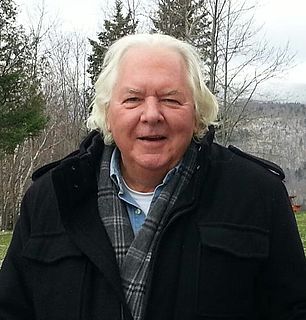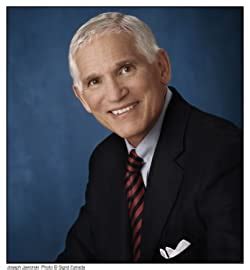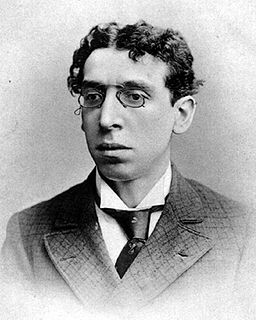A Quote by Robert Moss
Living by synchronicity isn't merely about getting messages. It is about growing the poetic consciousness that allows us to taste and touch what rhymes and resonates in the world we inhabit, and how the world-behind-th e-world reveals itself by fluttering the veils of our consensual reality.
Related Quotes
According to the true Indian view, our consciousness of the world, merely as the sum total of things that exist, and as governed by laws, is imperfect. But it is perfect when our consciousness realizes all things as spiritually one with it, and therefore capable of giving us joy. For us the highest purpose of this world is not merely living in it, knowing it and making use of it, but realizing our own selves in it through expansion of sympathy; not alienating ourselves from it and dominating it, but comprehending and uniting it with ourselves in perfect union.
The themes that run through all my work are that consciousness is the ultimate reality; and that by understanding consciousness, you understand everything about yourself, about perception, about creativity, about behavior, about relationships. By understanding consciousness, you have the ability to create anything in your world. And you have the ability to influence also the collective consciousness to not only bring about personal healing, but social transformation, and ultimately healing our planet, which happens to be extremely wounded.
Our normal expectations about reality are created by a social consensus. We are taught how to see and understand the world. The trick of socialization is to convince us that the descriptions we agree upon define the limits of the real world. What we call reality is only one way of seeing the world, a way that is supported by social consensus.
Christian holiness consists not of trying as hard as we can to be good but of learning to live in the new world created by Easter, the new world we publicly entered in our baptism. There are many parts of the world we can't do anything about except pray. But there is one part of the world, one part of physical reality, that we can do something about, and that is the creature each of us call "myself.
One of the great mysteries of our current state of consciousness is how we can live in a world where absolutely nothing is fixed, and yet perceive a world of 'fixedness.' But once we start to see reality more as it is, we realize that nothing is permanent, so how could the future be fixed? How could we live in anything but a world of continual possibility? The realization allows us to feel more alive.
How full and rich a world
Theirs to inhabit is--
Sweet scent of grass and bloom,
Playmates' glad symphony,
Cool touch of western wind,
Sunshine's divine caress.
How should they know or feel
They are in darkness?
But, oh, the miracle!
If a Redeemer came,
Laid finger on their eyes--
One touch and what a world,
New-born in loveliness!
Science fiction isn’t just thinking about the world out there. It’s also thinking about how that world might be—a particularly important exercise for those who are oppressed, because if they’re going to change the world we live in, they—and all of us—have to be able to think about a world that works differently.
Science fiction isn't just thinking about the world out there. It's also thinking about how that world might be - a particularly important exercise for those who are oppressed, because if they're going to change the world we live in, they - and all of us - have to be able to think about a world that works differently.
Television is our culture's principal mode of knowing about itself. Therefore -- and this is the critical point -- how television stages the world becomes the model for how the world is properly to be staged. It is not merely that on the television screen entertainment is the metaphor for all discourse. It is that off the screen the same metaphor prevails. (92)
How much of what the biblical writers believed about the supernatural world do I believe? They weren't us. We are products of the Enlightenment; they were not. So let's stop denying that reality. Rather than sitting in judgment on them from our Enlightenment perches, we ought to have them sit in judgment on us when it comes to informing us about the supernatural world. After all, what they wrote was ultimately overseen by God.
Only one same reason is shared by all of us: we wish to create worlds as real as, but other than the world that is. Or was. This is why we cannot plan. We know a world is an organism, not a machine. We also know that a genuinely created world must be independent of its creator; a planned world (a world that fully reveals its planning) is a dead world. It is only when our characters and events begin to disobey us that they begin to live.







































